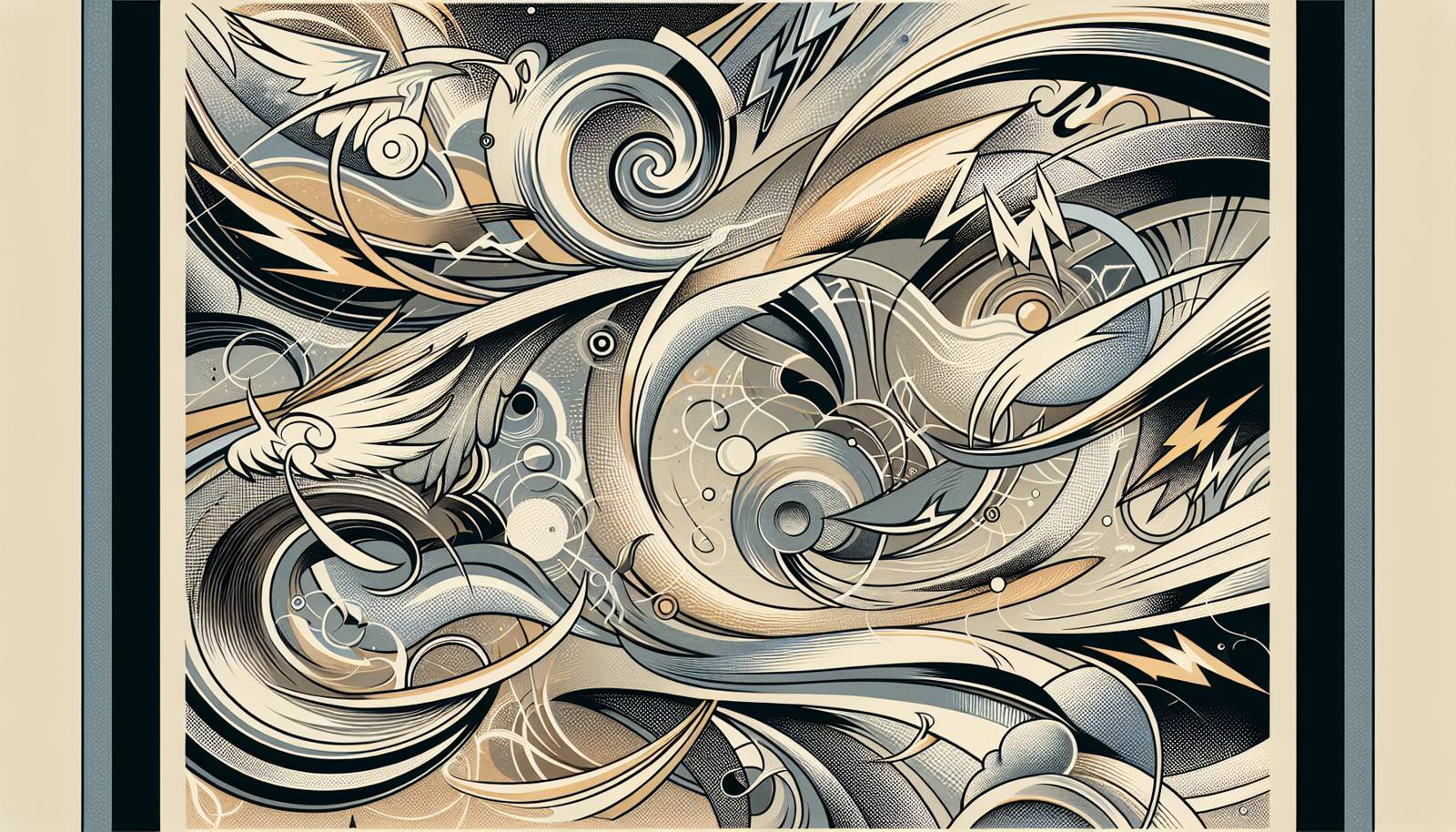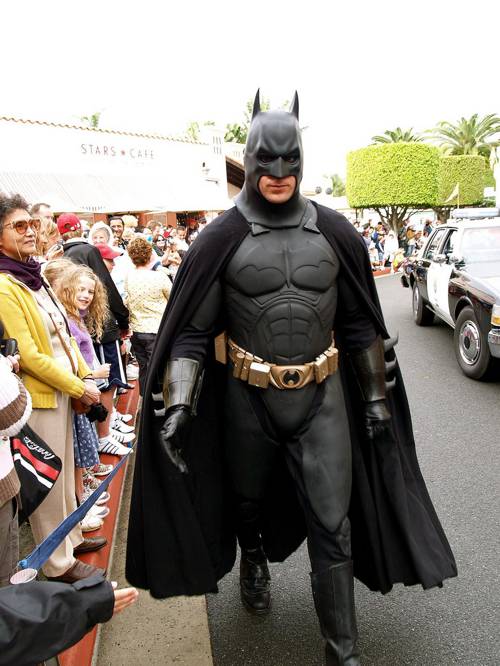
FAQ About The Role of Cultural Mythology in Superhero Comics

What is cultural mythology in the context of superhero comics?
Cultural mythology in superhero comics refers to the incorporation of myths, legends, and folklore from various cultures into the narratives and character arcs of comic book superheroes. This includes drawing on elements from ancient religions, traditional stories, and mythological figures to enrich storytelling, provide depth to characters, and connect with diverse audiences.

How does cultural mythology influence character development in superhero comics?
Cultural mythology influences character development by providing rich backstories, distinct abilities, and moral frameworks that shape a superhero's identity and motivations. It can lead to deeper personal conflicts, unique powers linked to mythological themes, and complex relationships with other characters, enhancing emotional engagement and narrative complexity.

Can you give examples of superheroes influenced by cultural mythology?
Several superheroes are influenced by cultural mythology. For instance, Thor from Marvel Comics is directly derived from Norse mythology. Wonder Woman is inspired by Greek mythology, incorporating figures such as Zeus and Athena. Black Panther integrates African mythology and cultural elements from various African traditions, reflecting Wakanda’s rich heritage.

Why do superhero comics use cultural mythology?
Superhero comics use cultural mythology to access timeless stories and archetypes, making their narratives resonate across different cultures and time periods. It adds layers of depth, engages audiences keen on mythological storytelling, and offers creative ways to explore universal themes such as heroism, morality, and the human condition.

How does cultural mythology affect storylines in superhero comics?
Cultural mythology affects storylines by providing a narrative framework or inspiration for plots, quests, and character journeys. It often introduces mythical adversaries, conflicts influenced by legendary tales, and settings imbued with historical or mythical significance. This results in epic, multi-layered stories that appeal to fans of mythology and modern narratives alike.

Do superhero comics accurately represent the cultural myths they incorporate?
Superhero comics often reinterpret cultural myths to fit the storyline, which may not always be accurate to the original legends. The goal is usually more narrative or thematic rather than historical accuracy, although some comics strive to respect the cultural origins and significance of the myths they portray. This can sometimes result in debates over cultural sensitivity and representation.

What role does cultural representation play in superhero comics?
Cultural representation is crucial in superhero comics as it broadens the scope of storytelling by incorporating diverse perspectives and experiences. It fosters inclusivity and diversity, allowing different cultural narratives and characters to be seen and celebrated in global media. This representation helps in creating relatable heroes for audiences of all backgrounds.

How do superhero comics balance cultural inspiration with originality?
Superhero comics balance cultural inspiration with originality by blending mythological references with unique storytelling elements and contemporary contexts. Writers and artists often innovate on traditional themes, creating fresh interpretations while respecting the source material. This fusion allows comics to remain inventive and compelling while honoring their mythological roots.

Are there superhero comics that explore lesser-known mythologies?
Yes, some superhero comics explore lesser-known mythologies, bringing attention to cultures that are not commonly represented in mainstream media. For example, 'The Sandman' by Neil Gaiman taps into African, Egyptian, and even Slavic mythologies, while other indie comics explore the mythologies of Indigenous, Asian, and South American cultures, highlighting their unique stories and perspectives.

What is the importance of accurate cultural representation in superhero comics?
Accurate cultural representation is important in superhero comics as it ensures respect for the traditions and beliefs depicted, contributes to storytelling authenticity, and fosters inclusivity. It helps educate audiences about different cultures and dispels stereotypes, promoting understanding and appreciation for cultural diversity among readers.

Does the use of cultural mythology impact the popularity of superhero comics?
The use of cultural mythology can significantly impact the popularity of superhero comics by drawing in diverse readership and appealing to fans of myth and folklore. It enriches storytelling with universal themes that resonate with a broad audience, potentially attracting more readers who are interested in seeing their culture or mythology reflected in contemporary narratives.

How have superhero comics evolved in their use of cultural mythology?
Superhero comics have evolved in their use of cultural mythology from mere inspiration to more nuanced and respectful engagements with different cultures. Modern comics increasingly aim for cultural accuracy and sensitivity, often involving experts or collaborators who are knowledgeable about the cultures being portrayed. This shift reflects a broader cultural movement towards diversity and inclusion.

Can cultural mythology in comics influence real-world perceptions of cultures?
Yes, cultural mythology in comics can influence real-world perceptions by shaping how cultures are viewed and understood by global audiences. Positive representation can promote cultural appreciation and curiosity, while poor portrayals could reinforce stereotypes and misconceptions. Therefore, comics have a responsibility to portray cultures thoughtfully and accurately.

What are some challenges in integrating cultural mythology into superhero comics?
Challenges include ensuring cultural sensitivity, avoiding appropriation, and skillfully weaving mythological elements into engaging, coherent narratives. Creators must navigate portraying complex belief systems without oversimplification while respecting cultural ownership. Collaboration with cultural experts is often necessary to authenticate representations and mitigate potential criticisms.

How do creators ensure cultural sensitivity when incorporating mythology into comics?
Creators ensure cultural sensitivity by conducting thorough research, consulting cultural experts, and engaging with cultural communities to guide respectful portrayal. Collaborative efforts with creators from the culture being depicted help in achieving authenticity. Diverse teams also play a crucial role in bringing varied perspectives to the storytelling process.

In what ways do superhero comics educate readers about diverse cultures?
Superhero comics educate readers about diverse cultures by integrating elements of cultural history, mythologies, and traditional symbols into their narratives. By showcasing heroes and stories from various cultural backgrounds, readers gain insight into different worldviews, traditions, and societal values, enhancing cultural understanding and appreciation.

Are there superhero universes entirely based on specific cultural mythologies?
While many superhero universes borrow from multiple mythologies, some comics focus specifically on a single cultural mythology. For example, Neil Gaiman's 'The Sandman' series incorporates multiple mythologies but delves deeply into specific ones at times. Titles such as 'Kamandi' explore worlds with a strong influence from particular cultural myths, though entire universes are rare.

How do superhero comics reflect global trends in multicultural storytelling?
Superhero comics reflect global trends in multicultural storytelling by increasingly incorporating a variety of cultural narratives and diverse character backgrounds. This trend mirrors broader entertainment industries' moves towards multiculturalism and authentic representation, aiming to cater to and resonate with a worldwide audience by celebrating diverse mythologies and cultures.

What impact does cultural mythology have on superhero comic fandom?
Cultural mythology enriches superhero comic fandom by adding layers of depth and complexity to stories, attracting fans interested in mythological themes. It fosters inclusivity within fan communities as diverse readers find connections through their cultural myths being represented. It also provokes discussions and analyses, thereby enhancing community engagement and fan-created content.
